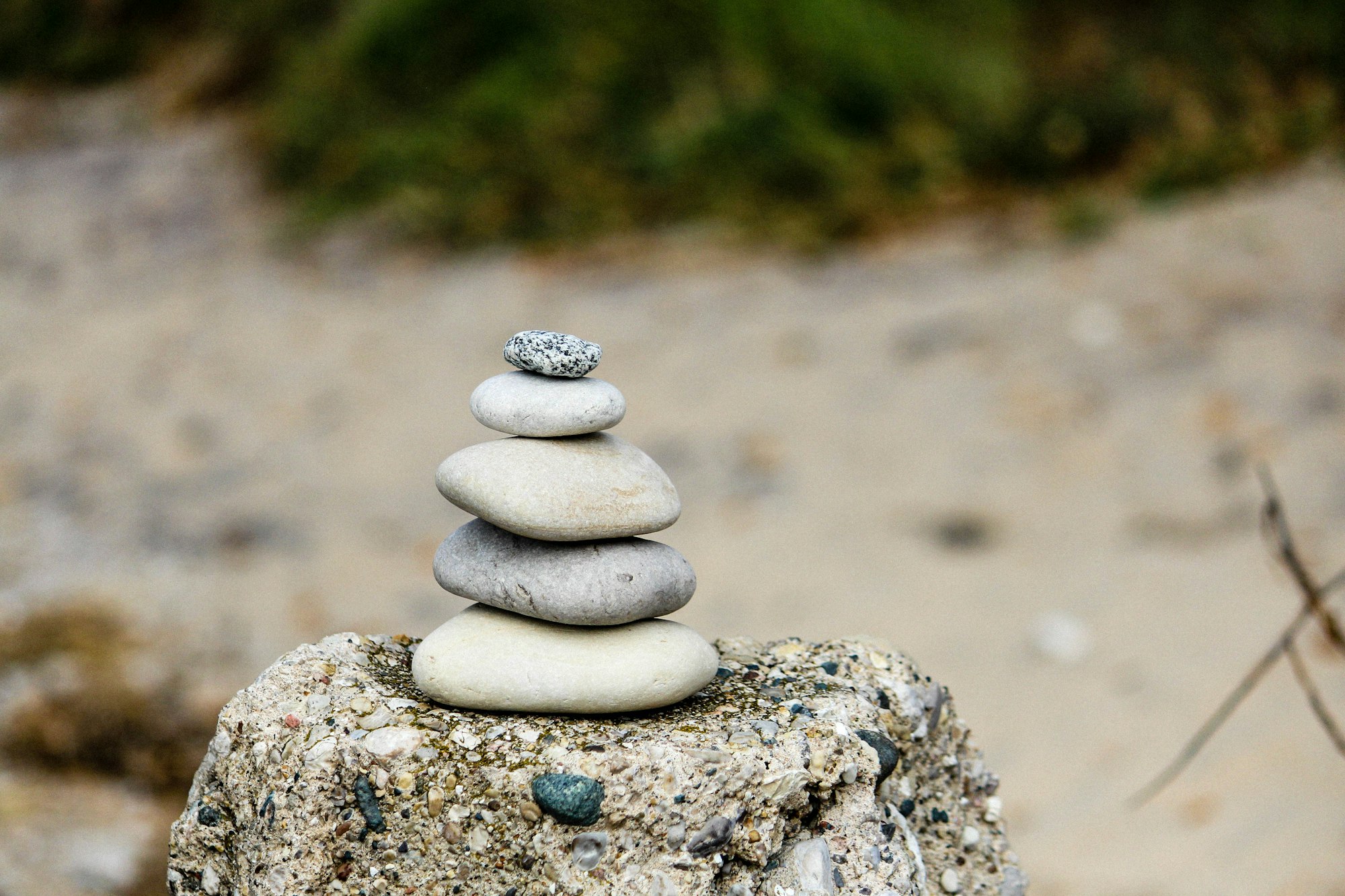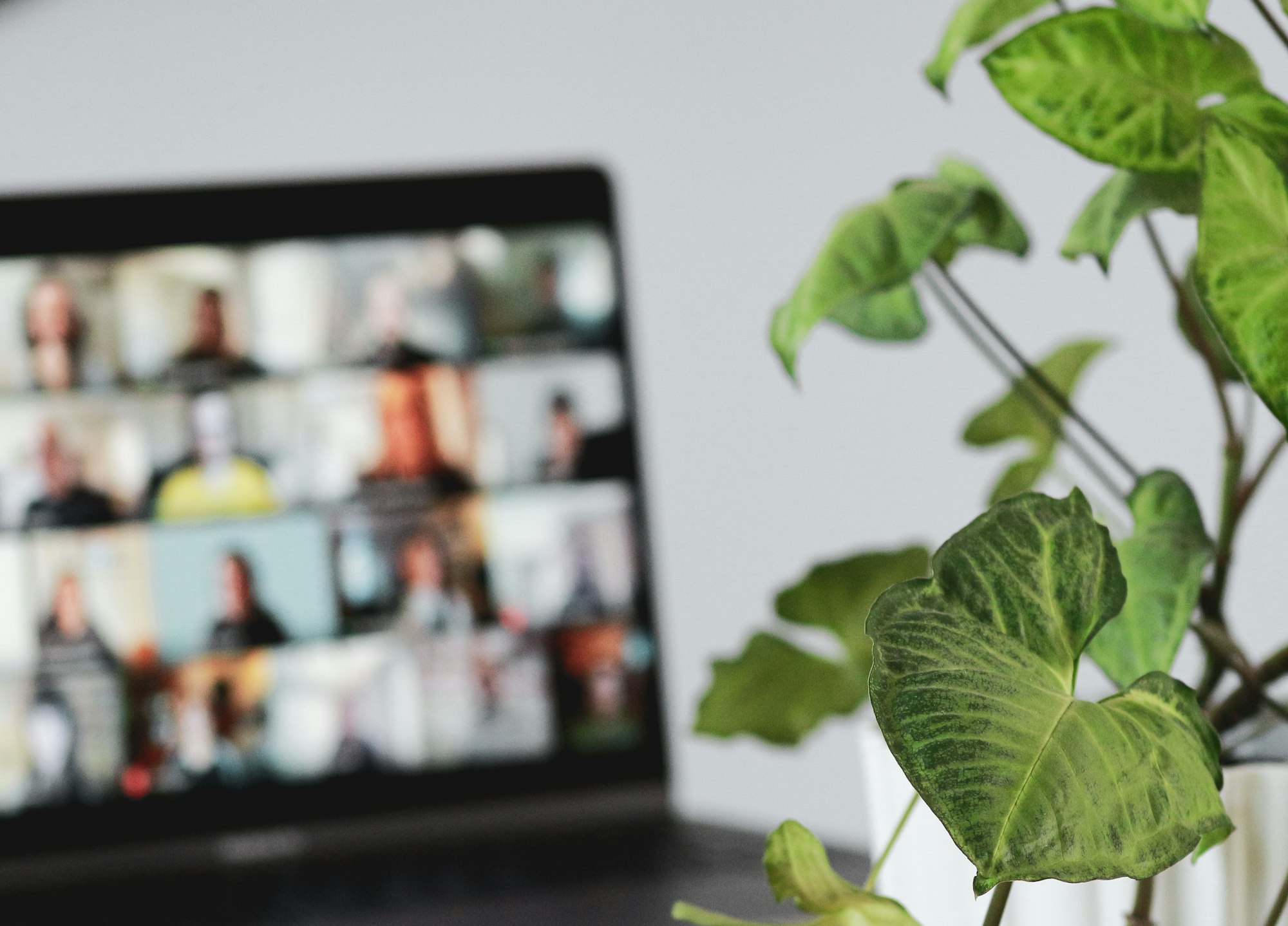Unsolicited advice about academic job interviews

This post originally appeared back in 2011, when the blog was part of the Chronicle of Higher Education. I was halfway through my first year at Grand Valley State University, my third job since graduate school and therefore the second time I'd been through the academic interview process. I'm reposting this today because I think the advice still holds up, even though it's a little late for this year's job applicants (despite the Great Resignation). As usual, I have some updated-for-2022 thoughts at the end, so stick around (or start there!).
The Joint Mathematics Meetings are coming up in Boston during the first week of January. For those outside mathematics, this is a shared conference between the American Mathematical Society and the Mathematical Association of America and is the “big annual conference” in our discipline. I’ll be attending this year’s meetings somewhat briefly, arriving a couple of days early to take a computational geometry minicourse, giving a talk about clickers in transition-to-proof courses [PDF] on Wednesday, and then heading home Thursday morning. One thing I will not be doing at the Joint Meetings this year is interviewing for jobs. As far as I’m concerned, I’m done forever with that. But I know a lot of folks out there might be interviewing at the meetings, or maybe are a year or two away from doing this, so I thought I might throw out some anecdotes and advice about my experiences in this process.
I have been interviewed at the Joint Meetings on two separate occasions. The first was back in 1997 as I was finishing up graduate school and looking for my first job. The second was last year, obviously under very different conditions. I think I did 17 different interviews at the Joint Meetings in 1997 (the job market was picking up slightly) and four last year (I only applied for 10 positions). There are wide differences in my experiences, but also some key similarities that give rise to the following, possibly shopworn and painfully obvious but still true bits of advice:
1. Do your homework. For each interview, I would recommend setting aside at least two hours to do research on the institution, the department, the faculty, the students, the institution’s financial standing and strategic plan, and so on. This will allow you to know your audience, ask the right questions in the right ways, and find legitimate questions to which you need answers if the relationship between you and the institution is to proceed. Last year in my job search, I created a personal wiki to hold information about all the positions for which I was applying. That allowed me to have a searchable, hyperlinked document with all the information I needed on those places. I used the free software VoodooPad for this, and it was a great resource as I moved forward in the search.
Corollary to 1: Do have a clear idea of what kind of institution you are interviewing with. If it’s a small liberal arts college with a 24-credit-per-year teaching schedule, don’t talk up your research to the exclusion of teaching. If it’s a Christian college, be ready to answer questions about your religious beliefs. Once when I was on a search committee, we got an application from a guy who expressed a great deal of excitement in being able to work with our strong research group in computational fluid dynamics. There were only two of us in the department at all. Do your homework.
2. Figure out the identity you want to project, and then do it. You might call this doing the homework on yourself. You will make an impression in your interviews, whether you want to or not. So decide in advance what you would like the interviewers to take home regarding you, as a person. Fill in the blank: When the interviewers get home and go over their notes from the Joint Meetings interviews, I would like them to remember me and say, “I remember that person, s/he was really ________________.” For me, last year, I wanted interviewers to fill that blank in with the adjectives “experienced”, “inventive”, and “friendly”. Having a coherent identity that you project -- P.R. people might call this your “brand” -- helps you maintain focus as you answer questions and interact with the interviewers.
3. Remember you are interviewing them too. At least half of the interview should be you asking questions of the interviewers, and whether you are asking or answering interview questions, pay attention to body language, unscripted responses, and other things that might suggest the sort of people your interviewers are. Especially be on the lookout for red flags. In 1997, there was one interview I did with a small college that consisted of myself, the Dean of the college, and the one (!) professor in the math department. It was a 15-minute Employment Center interview and fully 12 minutes of it was taken up by the Dean and the prof engaging in a philosophical argument about some topic I do not even remember. Being totally ignored during your own interview, I think, qualifies as a red flag. It didn’t surprise me in the least when the Dean called me up in the middle of fall semester, after I had started my first job at another school, asking me to quit that job and come to his school because the math prof resigned a week before school started. (I declined.)
4. Don’t ask questions you can Google, for example: How many faculty do you have, how many majors do you have, what courses do you offer, etc. I’ve been on search committees before, and questions like that just make me mad -- Why are you wasting my time? Do you not know how to Google something? So ask questions that actually get you somewhere. If you turned up anything noteworthy in your research (#1 above), ask about it. My favorite question to ask in an interview is: What’s one thing you’re doing in your work right now that you are really excited about? I’ve asked this to interviewers before and gotten 5 seconds of a blank stare as they searched to find something they were excited about. That’s not good. Other times the interviewers were interrupting each other because there were so many good things to talk about.
5. Record (in writing) what happens in the interview. Last year at the Joint Meetings, I brought a Moleskine notebook with me to each of the interviews I did and recorded everything I could about the interview as it happened, especially the questions I was asked and especially-especially the interviewers’ responses to my questions. By the end of the meetings, I had 15--20 pages of notes from all these interviews and was able to compare and think critically about each interview and, by extension, about each institution interviewing me. It’s hard to remember things in the moment, especially those unscripted reactions by the interviewers to the things you say, so you have to write them down if you want to remember. (I suppose you could videotape the interview, but I think most people would be creeped out by that.)
6. Relax. Sure, this is a stressful time, but it’s also fun. You’re getting to travel and meet interesting people who might be your colleagues someday. You’re getting to think about your future in the profession like you never have before. And remember, schools want to hire people who can handle pressure gracefully, so if you can project an aura of awesome relaxation, then people will want you around.
Those of you who have done the interview thing lately, what would you add to this?
Bonus extra thoughts for 2022
- VoodooPad still exists! That makes me happy. The fact it's macOS only doesn't, though. I'd pay money for a PWA version. I suppose today I'd use something like Notion, which is less cool.
- Point #4 (Don't ask questions you can Google) might be differently/positively phrased as Ask questions that get to the heart of things. And by "things", I am thinking primarily of culture. I've learned a lot about institutional culture in the 11 years (?!) since I wrote this piece, and looking back on things, I see now that interviews give you as the interviewee a one-time chance to learn the truth about the culture of the place that's interviewing you. That question about "What's one thing you're really excited about" has served me well, for reasons I stated. Another good question is What creative risks are you taking right now? because the answer, or lack thereof or hesitation thereto, will tell you a lot about whether the institution has lost its nerve or whether they are really serious about innovation (vs. just being serious about making sure it's on the website). Making a move based on incomplete or incorrect cultural information can be a disaster.
- Another thing about using paper notebooks to write everything down during an interview: It projects an aura of seriousness, like you are really paying attention, and that there are things going on in your mind and you're not just sitting there smiling.


